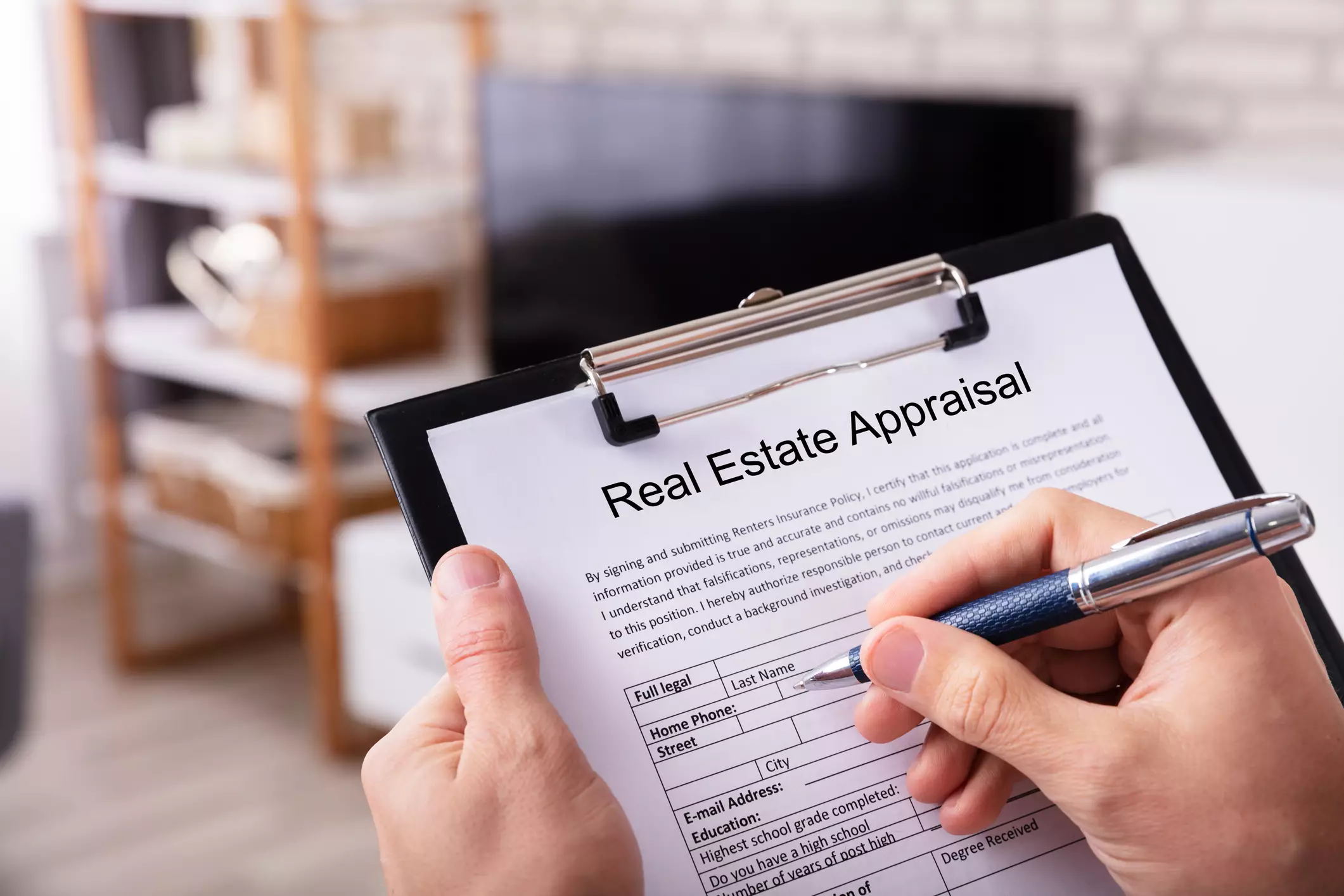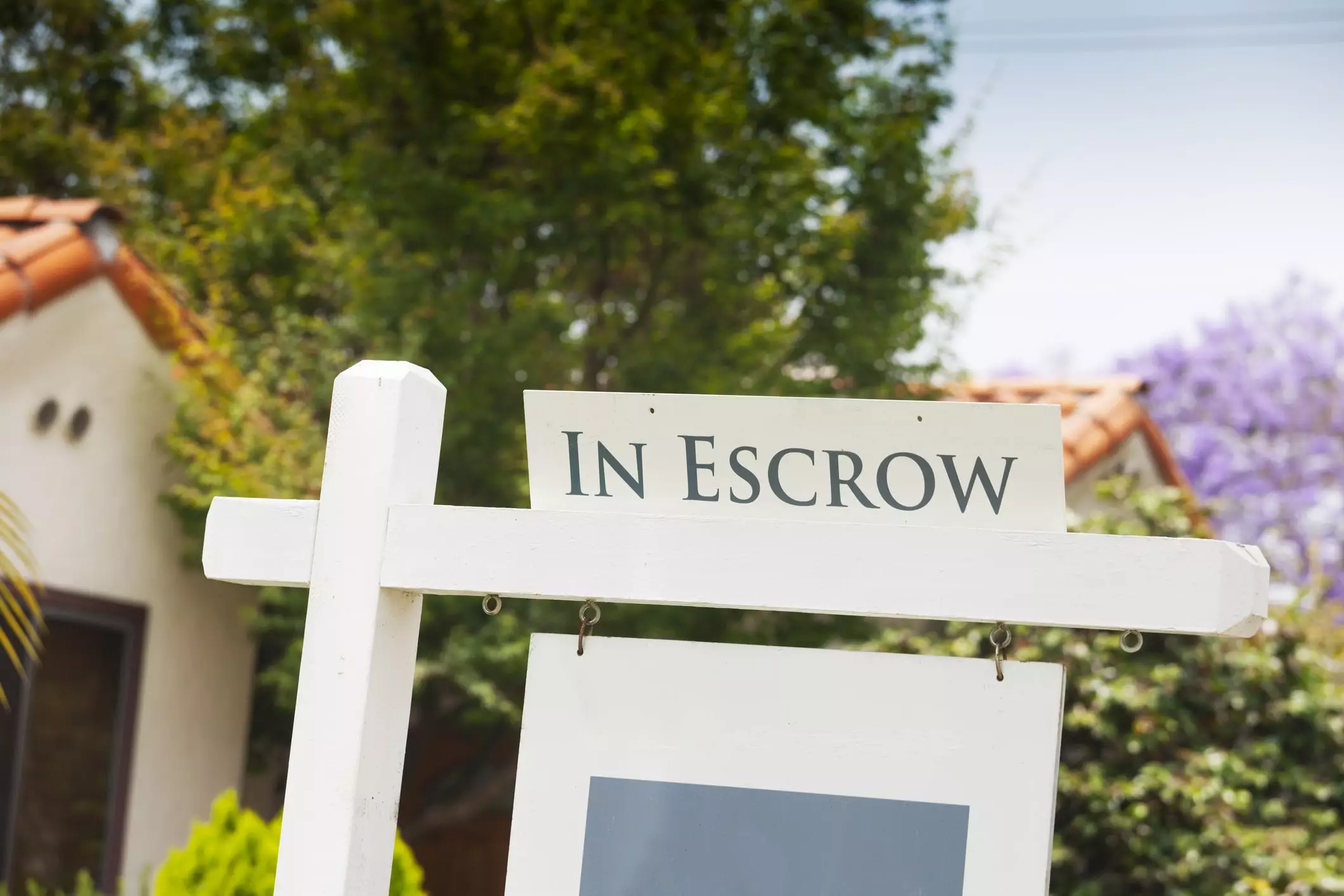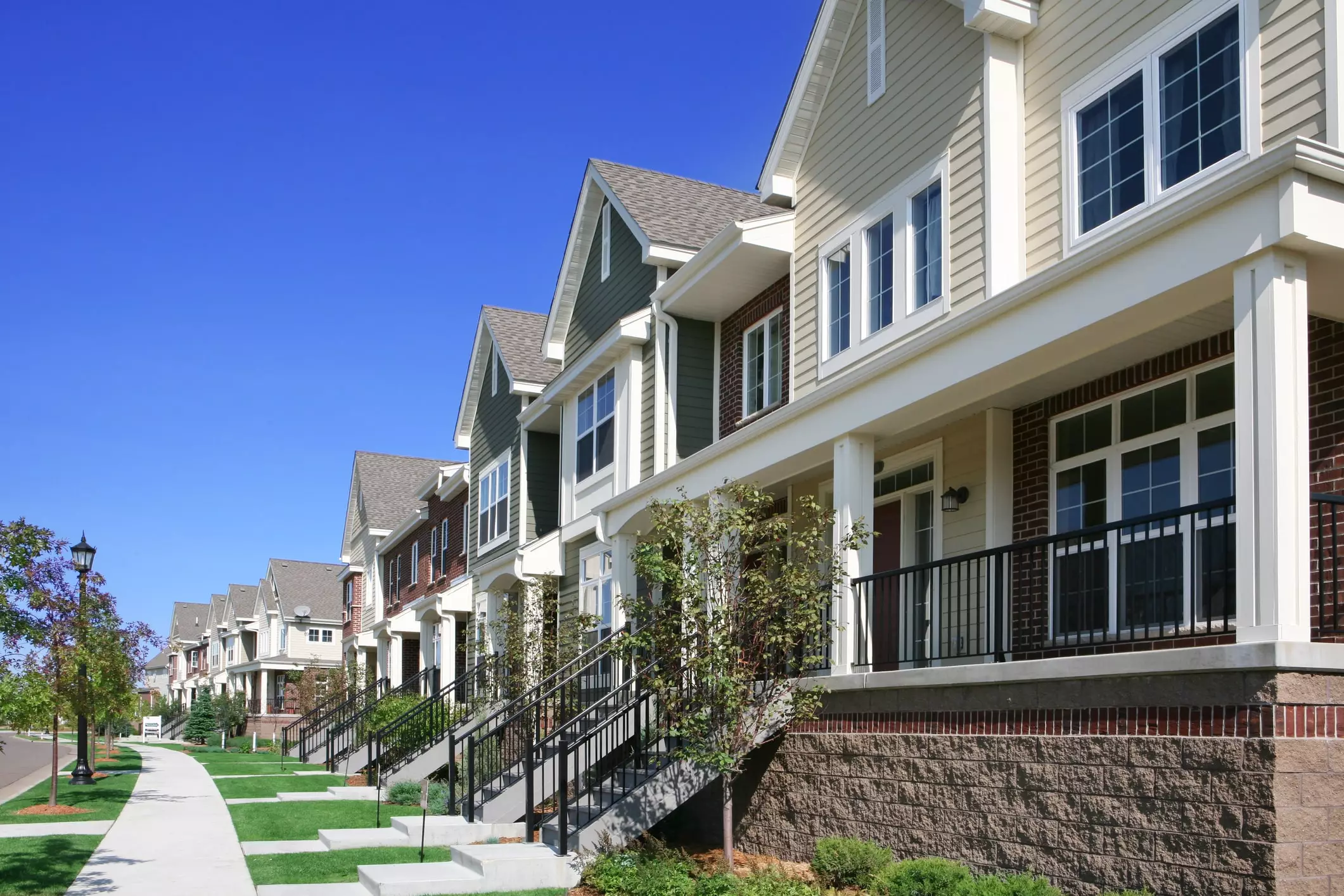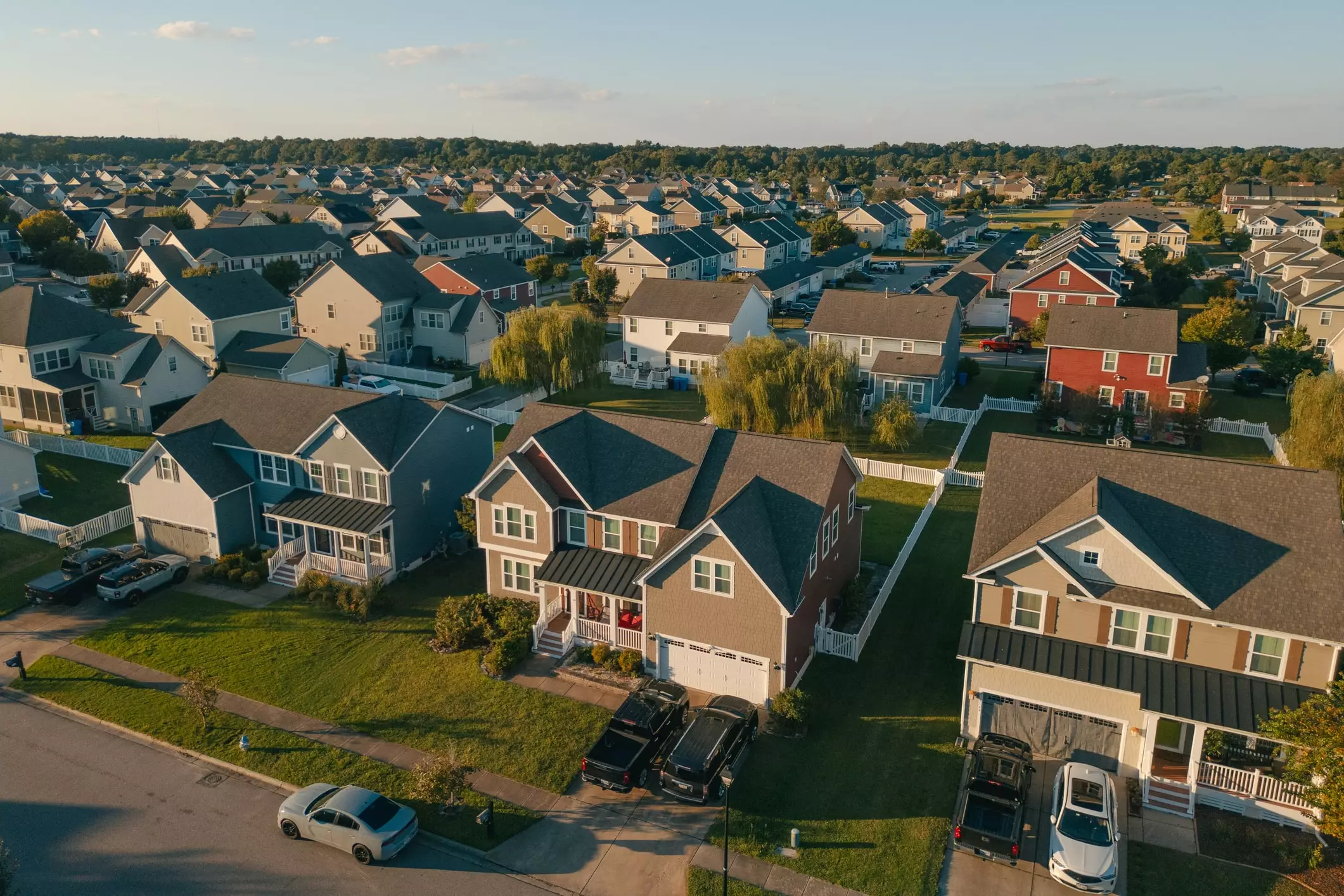Things You Should Know Before Buying a House
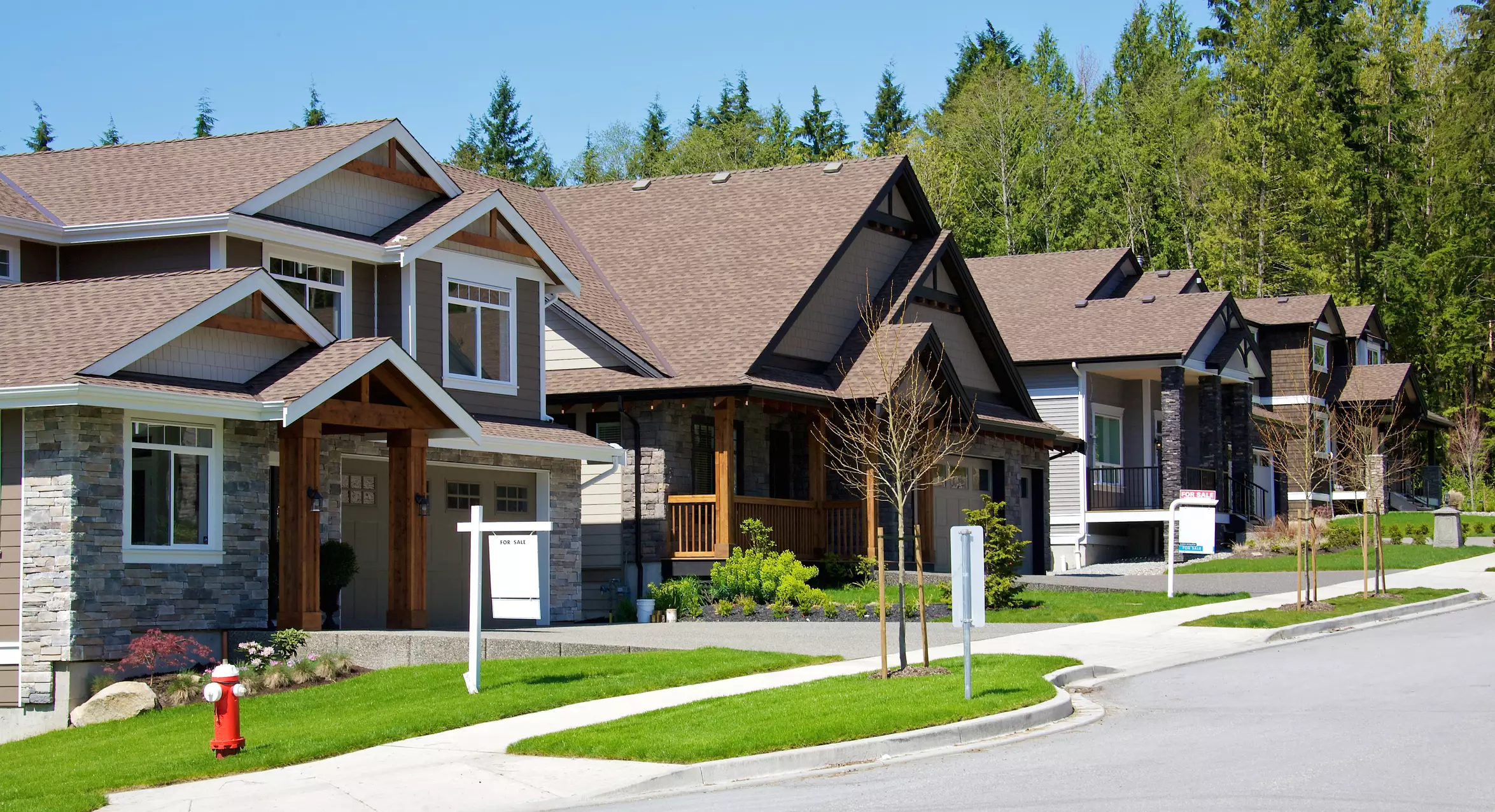
Table of Contents
- Things You Should Know Before Buying a House
- What To Know Before Buying a House
- Financial Readiness
- Mortgage Pre-Approval
- Hidden Costs Beyond the Sale Price
- Key Questions to Ask Before Buying a House
- Questions about the Property
- Questions About the Neighborhood
- Questions About the Transaction
- The Home Buying Process - Step-by-Step
- Buying a House Before Marriage - What to Consider
- Common Mistakes to Avoid
- Final Tips and Checklist
Buying a home is one of the most exciting and probably complex ventures you’ll ever undertake. Whether you’re a first-time buyer stepping into the property market or a seasoned homeowner looking to upgrade, buying a house isn't just a transaction -it can be an emotional rollercoaster with financial implications at every turn.
To this end, understanding the key things to know before buying a house and getting organized early can help you save time, money, and stress.
What To Know Before Buying a House
Buying a house is sometimes the largest financial commitment most people will ever make; yet many buyers have regrets after purchasing a house because they were not financially prepared and have probably overlooked hidden costs. Buying a house is a major financial decision that requires careful planning and realistic expectations. Here's what to know before buying a house, divided into three essential areas:
Financial Readiness
Before touring open houses, make sure you build a strong financial foundation. Start by checking your credit score. A credit score of over 700 unlocks better interest rates. If there are errors affecting your credit score, get ahead of them and work on lowering outstanding balances.
Next, evaluate your Debt-to-Income (DTI) ratio; lenders typically prefer it below 43%. Calculate your monthly debts, including student loans, car payments, and credit cards, against your gross income to see if you meet the threshold.
Finally, build your down payment fund. While a 20% down payment avoids private mortgage insurance (PMI), many buyers successfully purchase homes with as little as a 3-5% down payment. Choose what you can manage comfortably without draining your emergency savings.
Mortgage Pre-Approval
Securing a mortgage pre-approval is crucial as sellers typically prioritize pre-approved buyers. Usually, most offers without mortgage pre-approvals get rejected. Mortgage pre-approvals strengthen your negotiating power -the seller sees pre-approved buyers as reliable and ready, making your offer stand out in a competitive market. It also helps with realistic budgeting, giving you a clear idea of how much you can afford, so you don’t waste time on homes outside your price range.
Hidden Costs Beyond the Sale Price
When buying a home, your monthly mortgage payment is just one part of the financial picture. Several additional costs may significantly impact your budget:
- Closing Costs: Expect to pay 2-5% of the home’s price at closing for things like a loan, origination fees, appraisal, title insurance, and escrow services.
- Property Taxes and Insurance: Property taxes vary by location. In addition, the homeowner’s insurance costs depend on your home's value, age, and local risks, such as flooding or wildfires.
- Maintenance and Utilities: Regular upkeep and repairs quickly add up. Generally, experts recommend budgeting 1-3% of your home’s value annually for maintenance, plus utilities like electricity, water, and internet.
- Homeowners Association (HOA) Fees: If you are buying a condo or planned community, HOA fees may apply. The fee may range anywhere from $100 to over $1,000 per month, covering shared services like landscaping, amenities, and exterior upkeep.
Being aware of these hidden expenses ensures you're financially prepared for the full cost of homeownership.
Key Questions to Ask Before Buying a House
Asking the right questions before buying a home may save you thousands of dollars in hidden costs and prevent buyer’s remorse. Here are the questions to ask before buying a house, organized into three critical categories: the property, the neighborhood, and the details of the transaction.
Questions about the Property
- What is the age of critical systems such as the roof, HVAC system, plumbing, and electrical?
- Have any major repairs or upgrades been done? Were the repairs and upgrades permitted?
- What is included in the sale? Which appliances (oven, fridge, washer/dryer) stay with the house?
- Were there any structural concerns -foundation cracks, termite damage, or mold, and what is the estimated cost to address them?
Questions About the Neighborhood
- How are the local schools rated?
- What public transit options exist, and how long does it take to reach your workplace during peak hours?
- What are the latest crime statistics or neighborhood watch records?
- How active is the HOA, if any, and what are the HOA fees?
- Where are the closest amenities: grocery store, pharmacy, hospital, gym, restaurants, or park?
Questions About the Transaction
- Why is the seller moving? Job opportunity, upsizing, downsizing, or unresolved issues with the property?
- How long has the home been on the market?
- How many active offers exist, and what contingencies (financing, inspection, appraisal) do they include?
- What are the closing costs, and what is the estimated closing date?
The Home Buying Process - Step-by-Step
From extending an offer to signing the closing documents, here’s what happens at each stage of the home-buying process:
- Get pre-approved for a mortgage. A pre-approval letter from a mortgage lender shows sellers that you're a serious buyer and confirms how much money a lender is willing to loan you based on your finances.
- Partner with a buyer’s agent. They simplify the home-buying process and protect your interests, helping you make informed, confident decisions.
- Write and submit your offer with your agent’s guidance. The agent delivers your offer to the seller’s agent and fields any requests for disclosure or counteroffers.
- Open an escrow and hire your mortgage lender. A third party holds your deposit, the seller’s deposit, and eventually your down payment and closing funds.
- Conduct the home inspection. Bring a licensed professional to examine the structure, roofing, plumbing, electrical, and HVAC systems. Identify any major defects or safety issues and decide whether to request price adjustments or repairs from the seller.
- Complete the appraisal. A licensed appraiser visits the property to analyze recent comparable sales and delivers a report. You may negotiate if the appraiser’s price is below your offer.
- Mortgage underwriting review. Your lender’s underwriting team verifies your income, assets, appraisal, and title search to issue the final loan approval.
- Conduct a final walk-through. Usually, 24-48 hours before closing, confirm that the agreed-upon repairs are complete and the home’s condition matches what you agreed to purchase.
- Complete the paperwork. Sign the mortgage notes, deed of trust, and various state or lender forms. Your down payment and closing costs are transferred to escrow. Get the keys.
Buying a House Before Marriage - What to Consider
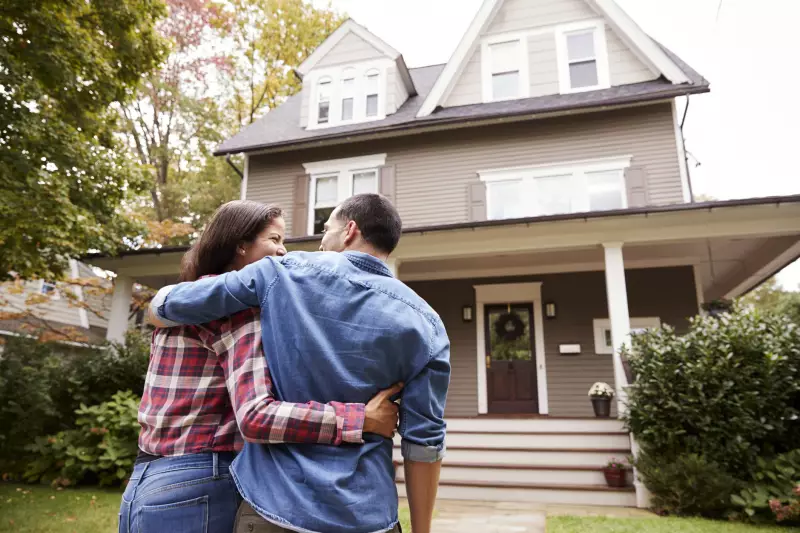
Deciding to purchase a property as an unmarried couple comes with important legal and financial considerations. If you’re buying a house before marriage, it is crucial to lay out clear agreements to protect both partners’ interests down the road.
Unmarried couples do not get the same legal protections as married spouses when buying a home together. Without a will or legal agreement, if one partner dies, the other partner may have no legal right to the property, even if they contributed financially. Similarly, in the event of a breakup, state law may not guarantee a fair division of the home.
To this end, to protect both parties, consider a cohabitation agreement. Outline ownership shares, contributions, and what happens if the relationship ends. Additionally, unmarried couples may create estate planning documents, like wills and trusts, to ensure their partner inherits their share if the unexpected happens.
Unmarried couples buying a home together may choose how to hold the property title: A Joint tenancy or Tenants in common. Joint tenancy has an equal ownership structure and includes the right of survivorship, which means that if one partner dies, their share automatically goes to the other. On the other hand, Tenants in Common allow for unequal ownership shares, and each partner's portion is passed down through their will or trust.
When co-owning a home for unmarried couples, it is wise to plan for the possibility of a breakup.
- Establish clear exit strategies. Decide in advance whether to sell the property and divide the proceeds or if one partner can buy out the other’s share.
- Address potential disputes and include rules for handling disagreements, such as mediation or using a neutral real estate agent.
- Agree on how to split ongoing costs like mortgage payments, taxes, and maintenance.
- Include any default protections, specifying what happens if one partner stops paying their share to avoid financial harm or foreclosure risks for both parties.
Common Mistakes to Avoid
Even seasoned buyers can fall into traps that could turn a potentially exciting purchase into a costly nightmare. You may avoid the following common missteps when buying a house:
- Skipping the inspection. Failure to conduct a professional home inspection, including mold inspection and testing, may leave you blind to hidden structural issues, water damage, or other safety concerns.
- Overbidding in a hot market. It is tempting to overbid in a competitive market, but doing so may lead to higher monthly payments or even negative equity if the price drops.
- Letting emotions override due diligence. Getting emotionally attached to a home’s appearance may distract you from real issues such as the home’s true condition, neighborhood drawbacks, or long-term suitability.
- Not considering long-term needs or resale value. A home that suits your immediate needs might not fit your future needs. Consider planning for space for growth, local development, and features that boost resale value.
Final Tips and Checklist

By following this checklist, you’ll move into your new home with confidence, clarity, and peace of mind.
- Financial readiness
- Market research
- Evaluate the property
- Determine the offer price
- Conduct due diligence
- Have an exit strategy
- Closing preparation
Final tips when buying a home
- Slow down to win. Don’t rush into a decision.
- Lean on experts, from buyer’s agents and lenders to home inspectors and legal advisers
- Conduct neighborhood due diligence
- Document everything
- Plan for the long haul. Think before closing. Consider maintenance, commute times, and resale value.
- Build buffers into your budget for unexpected expenses
Search Property & Deed Records
Table of Contents
- Things You Should Know Before Buying a House
- What To Know Before Buying a House
- Financial Readiness
- Mortgage Pre-Approval
- Hidden Costs Beyond the Sale Price
- Key Questions to Ask Before Buying a House
- Questions about the Property
- Questions About the Neighborhood
- Questions About the Transaction
- The Home Buying Process - Step-by-Step
- Buying a House Before Marriage - What to Consider
- Common Mistakes to Avoid
- Final Tips and Checklist

